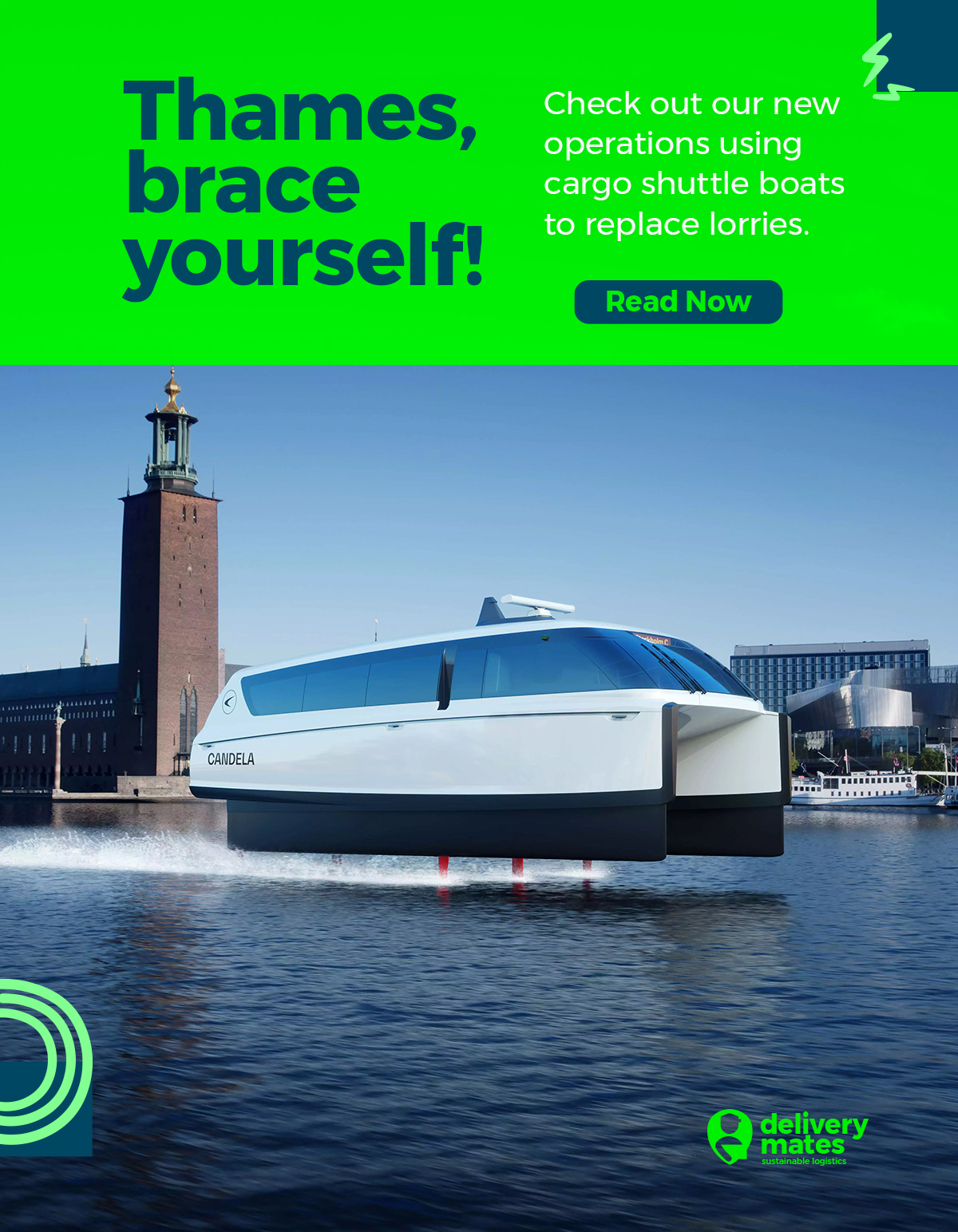Insurance. Love it or loathe it, it’s a prerequisite for drivers of motor vehicles. But what about electric scooter riders?
In the UK, only rental e-scooters operating in designated, DfT-approved trial areas are permitted by law to ride on the roads. And, just like cars, they must be insured.
During the trials, the e-scooter operators have taken on the burden of covering insurance costs. They are primarily insuring against potential damage caused by riders of their vehicles, while some go further and cover any personal injuries to their riders.
It’s always best for riders to check the small print (usually found in the operator’s app or at its website) if they’re unsure what they’re covered for, especially as different insurers may cover different things or have different claims limits.
Who’s covering whom?
Bird’s fleet is covered by two of the more recognisable household names – AXA and Zurich. (Maybe subliminally it’s making sure riders are covered from A to Z…)
Beryl uses specialist fleet insurer Zego, which also has clients like Tier, Voi and Deliveroo. A Voi spokesperson elaborates: “As required by legislation, Voi users have motor third-party insurance through our insurance partner company Zego. Safety is our priority, and we have also decided to go beyond the DfT’s requirements and have included personal accident coverage insurance for all trips.”
Lime has a couple of providers for different liabilities. A spokesperson for the company says: “Lime holds public and products liability insurance with Chubb Insurance. It also has third party and rider personal accident insurance providing coverage for riders when using Lime vehicles, having partnered with Allianz to provide the required level of motor insurance cover for its shared scooter service.”
Spin, the micromobility subsidiary of the motoring behemoth Ford, also uses Allianz.
David Wilde, chief executive at Moo, tells us a bit more about their cover and the claims process: “The insurance partner we will be using is Signal Iduna, a specialist provider for the e-scooter market, based in Berlin. The insurance product covers Moo for general liability and e-scooter liability. The insurance is done on a scooter-by-scooter basis. The customer is therefore fully covered for accidents and personal injury when using the scooter on the road.”
Much like any crash involving a car, riders report incidents directly to the insurer. Wilde again: “Signal Iduna provide an accident hotline and they manage the entire claim for the customer. It is managed much the same way as motor insurance, via a claims handling approach.”
Zego and Allianz pop up again when it comes to the dayglo-yellow scooters of Wind. “We use Allianz for corporate insurance and Zego for motor vehicle insurance,” the company tells us. “We offer insurance in all our markets and are happy to meet UK requirements of course. However, we have noticed that it was difficult to find an insurance provider. It seemed like a lot of insurance companies weren’t ready for this new type of vehicle to be deployed in the UK, and those that were charged very high premiums.”
What about private users?
One of the reasons the UK government is running 12-month trials is to make sure that the streets are not overrun with private, uninsured scooter owners while assessing their viability as a future transport option. If trials go well and the law is changed to permit privately-owned e-scooters on the road, will insurance be mandatory?
There’s no clear-cut answer to that right now.
On the one hand, if the laws for e-scooters reflect those of bicycles, then there is no legal obligation to have them insured. As vehicles that ride on the road but weigh very little and travel slowly (compared to motor vehicles), e-scooters are more like bicycles than cars and, therefore, this publication supports this approach.
However, for the purposes of the DfT trials, the government defines e-scooters as powered transporters. If this definition is retained and enshrined in law, they would be subject to the rules of motor vehicles and therefore require a minimum level of third party only cover.
Strangely, the government does not define e-bikes (electrically-assisted pedal cycles) as powered transporters, because they have means of rider-propulsion through the pedals. E-scooters, of course, are mostly powered by a motor, although they do require a hefty human-powered kick to get going.
“Precisely what needs to be covered is yet to be decided by the government,” explains Robert Balls of specialist insurance broker Bikesure. “It could be similar to motor insurance but with limited liability, whereas motor insurance is unlimited. In terms of cost, that’s a ‘piece of string’ question, as prices will be tailored to the individual based on many factors. But we do expect insurance to be a legal requirement.”
A tailored approach would mean individual risk assessments, with varying pricing dependent on age, location, riding/driving history, and perhaps even a no-claims-bonus element. We might even see specific e-scooter insurance policies popping up on comparison websites.
This, of course, has a downside: areas in which road design leads to collisions, or where theft and vandalism are more prominent, could become areas that are prohibitively expensive to insure scooters in, preventing shared e-scooter providers being able to provide a sustainably equitable service.
“I don’t see insurance becoming compulsory for end users buying privately in due course,” says Moo’s Wilde. “I say that with the caveat that the Government may look define them in some way that includes them in the same category as a special moped (or the like) and this may impose insurance obligations.”
Electric scooters are designed to be an affordable way to get around town in a sustainable manner, often plugging gaps the public transport network simply can’t reach. If a requirement for insurance is made permanent by law, this could scuttle the low-margin business models of the enterprising shared operators and price these vital machines out of the reach of the communities that need them the most.
Wilde sums it up best: “We think that [e-scooters] will be treated in much the same way as an electric bicycle and they don’t need insurance.”
–
This article was updated on 01 October 2020 to correct a quote attribution from Neuron Mobility to Wind.








